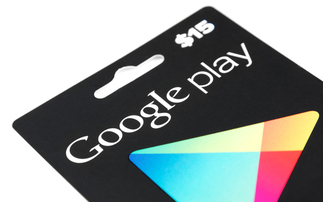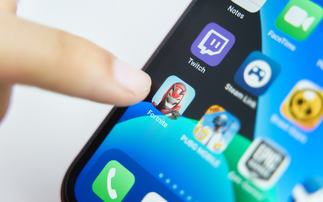Apple loosens its grip on iOS apps, but doesn't let go entirely
Apple has showcased changes to its iOS mobile operating system at its 2014 Worldwide Developer Conference (WWDC) that open up cracks in the company's "walled garden" approach to app development. ...
To continue reading this article...
Join Computing
- Unlimited access to real-time news, analysis and opinion from the technology industry
- Receive important and breaking news in our daily newsletter
- Be the first to hear about our events and awards programmes
- Join live member only interviews with IT leaders at the ‘IT Lounge’; your chance to ask your burning tech questions and have them answered
- Access to the Computing Delta hub providing market intelligence and research
- Receive our members-only newsletter with exclusive opinion pieces from senior IT Leaders























